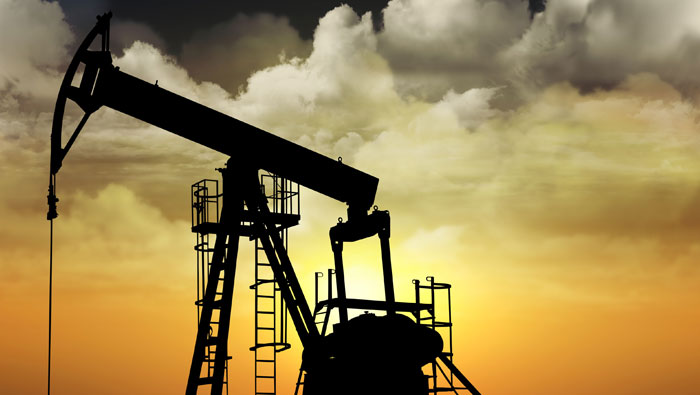
Muscat: Oman’s economy will get a boost by the recent increase in oil prices, say analysts in the country.
The price of Oman crude reached $62.54 on Monday, reflecting an increase of $2.68 in a single day. The last time oil prices were this high was on January 24, 2020, when rates stood at $62.77 a barrel.
A senior official at a leading oil producing company in the country expects the price of oil to reach and settle at $70 a barrel this year. Explaining the reason behind the increase in oil prices, he said,
“Countries around the world cannot afford to keep their economies closed for too long. A lot of activities are returning to normal, and economies are now reopening.
“Oil prices are now returning to where they were before the pandemic struck, and they are reaching their natural position,” he added. “It is unlikely that oil prices will cross the $70 mark this year, but maybe that can happen next year, when economies stabilise. They have been able to overcome the effects of the pandemic, especially since things are now beginning to return to normal.”
Oman crude values had been hovering between $55 and $60 for about a month, steadily rising from January 11, when the price was $55.24, to $60.39 on February 11. Prices dipped slightly to $59.86 on February 12, before reaching its current value on the 15th of this month.
According to the Oman News Agency (ONA), the average price of Oman oil (March delivery, 2021) has stabilised at $54.78, $4.79 per barrel higher than February delivery 2021. A representative of another oil and gas company in Oman said the increase in oil prices was good, but maintained that the country needs to continue diversification plans to help the country withstand the impact of global developments.
“The last year saw a very strong impact from the COVID-19 pandemic, which hit economies both at home and across the world,” he said. “Oman’s revenues depend on oil as its major source, so I hope the Sultanate will focus on alternative sources of income, such as foreign investment, tourism, real estate, and manufacturing, as well as create an appropriate environment by providing facilities that are easy to access. This will encourage foreign businessmen and investors to view Oman as an attractive proposition,” he added.
“All of this will also help reduce the country’s budget deficit, assist in creating more employment opportunities for jobseekers, and contribute to developing the foundations of the country, especially in fields such as the economy and industry.”
While economic diversification is expected to help Oman in the long-term, this steady increase in oil prices is a welcome boon for the country in the immediate future. The country’s strategic location on the Arabian Sea, and seaports distributed across the coastline to encourage trade with other industrial countries will hasten the benefits brought through economic expansion.
Deficits in Oman’s budget for 2021 were estimated to be OMR2.2 billion: spending was tagged at OMR10.9 billion, against expected revenues of OMR8.6 billion, assuming that the average price per barrel is $45, with a daily production rate of 960,000 barrels.
Murtadha Hassan, an Omani businessman said in this context: “73 per cent of Oman’s deficit was expected to be covered by borrowing from various banks abroad, (OMR1.6 billion), and the rest (OMR594 million) was to be met by drawing from the state’s reserve funds.“Increases in the cost of a barrel of oil will reflect positively on the deficit and our national debt,” he added.
“Every increase in the price of oil by even a single dollar will mean an additional income increase of $960,000 per day, or more than $350 million per annum, or the equivalent of OMR135 million. This will reduce the budget deficit for 2021, but we must not forget that the estimated cumulative deficit until the end of 2021 is 73.3 per cent of our gross domestic product (GDP). We must not rely on the rise in oil prices alone,” he explained.
“Lessons from previous experiences have taught us to go ahead with implementing the policies of our comprehensive economic development policy. Diversification of our sources of income, and not relying excessively on high oil prices is important now. We must instead rely on continued internal reform policies in line with global developments, and the technological advancements that are sweeping the world.”